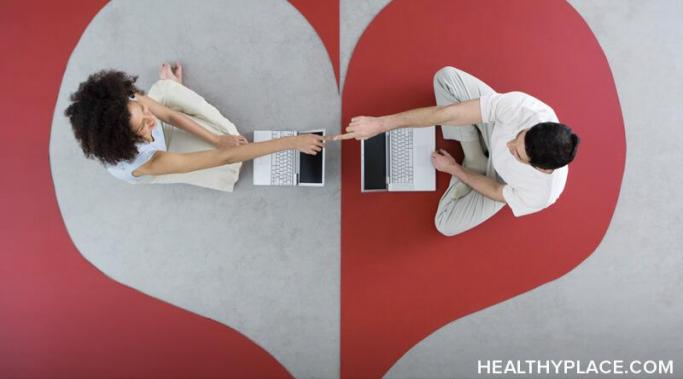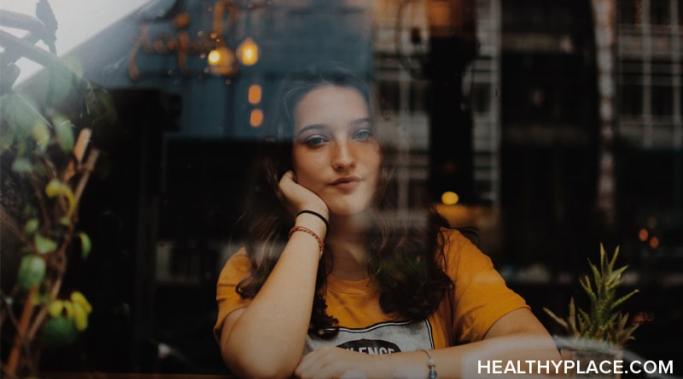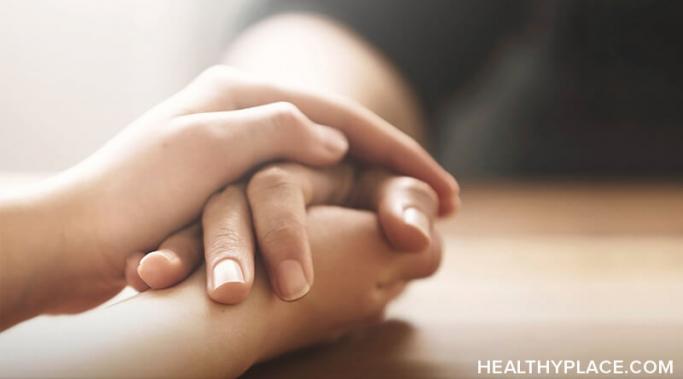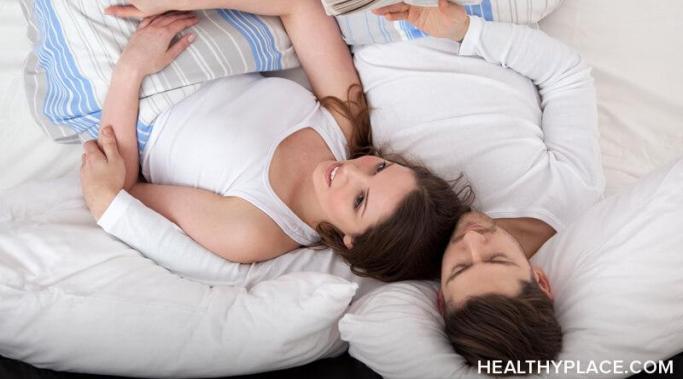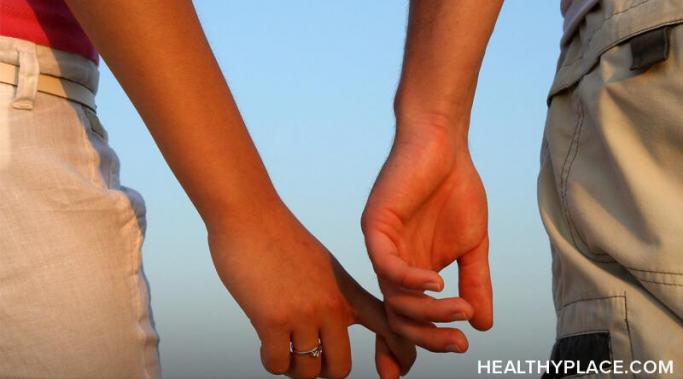I sometimes wonder if I would face the same stigma for dating men a couple of decades younger than me if the genders were reversed. It isn't that unusual to hear about men in their 40s dating women in their 20s. However, when a woman in her 40s dates a man in his 20s, the main assumption I've encountered is that she must be a "sugar mommy." It's almost as if it's unimaginable that a young man would be sexually or romantically interested in an older woman for any other reason.
Sexual Relationships
In "Dating Like a 'Cougar' Is Leaving Me Lonely," I discussed my mixed feelings about continuing to identify as a cougar. I was worried that the term might be too small of a box to fit myself into. Having thought about it more, I now see the term more like a shoe that fits. It might be a tight fit, but it still fits.
Living with borderline personality disorder (BPD), many aspects of my identity have felt unstable over the years, including my sexuality. I came out as bisexual in 2000 or 2001, but after about a year of dating women, I went on to date cis men almost exclusively. My sexual attraction to women never went away, but the way I feel about it has fluctuated. I had trouble accepting my bisexuality.
Something happened when I turned 40: I pretty much stopped dating my age. Over the past four years, almost all of my dates have been with men in their 20s. I believe the term for a woman like me is "cougar." While dating men so much younger than me has been exciting and fun, it's also been incredibly lonely. So, why have I been clinging to the cougar life for so long?
I've been on and off dating apps for many years. I joined a few of them again recently, and I've been struggling to decide how much to share about myself and my mental health, both on my profiles and in the messages I send.
Juliana Sabatello
When we aren't at our best emotionally, it can help on a nervous system level to just have someone be with us to co-regulate our emotions. I was definitely one of those children who needed a hug when I was upset. I have always responded strongly to the negative and positive emotions of others. I also respond very well to a calm person comforting me when I am anxious or stressed. I work mostly with children, so I am used to hearing the term "co-regulation" as it relates to parents and caregivers helping children calm down when they are upset, but it can be just as powerful for adults in relationships.
My therapist tells me that my experiences with sexual trauma have changed my taste in men. I've been complaining that my boyfriend doesn't give me what I need; he doesn't crave intimate conversation as I do, likes to mostly be on his own, and doesn't think much about sex. In short, he hardly considers most of the aspects that I believe comprise a relationship.
After being on antidepressants for over 10 years, I have noticed ways in which my antidepressants have impacted my sex drive. It is not uncommon for people to experience a shift in their libido when starting to take medication for their mental health. For some, this shift in sex drive may be apparent and seemingly detrimental to their relationships, while to others, this shift may be smaller (perhaps even negligible). When I first began taking antidepressants at 14, I noticed a drastic decrease in my experienced sexuality that became apparent even to my partners.
Dating a sexual assault victim takes patience and empathy. Here are some tips for dating someone who was victimized by a sexual assault.
I'm not sure who has it worse: folks who are isolated alone or those of us who are quarantining with our loved ones. All in all, I'm glad my boyfriend and I left our Brooklyn apartment before the state of emergency was declared in order to quarantine upstate with my parents.
